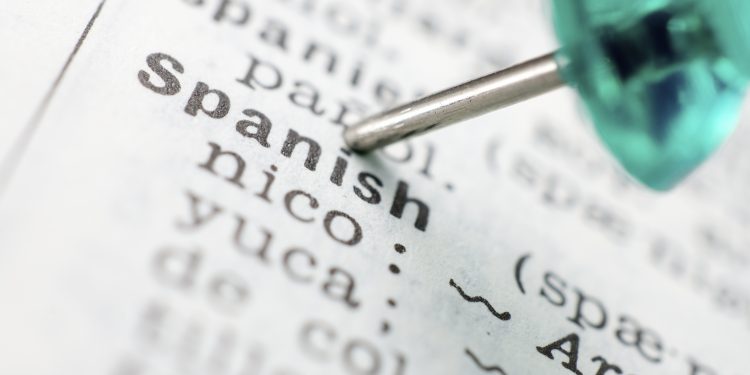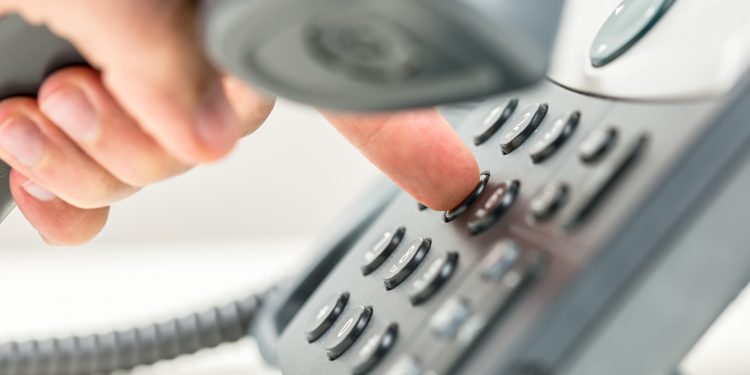The phone rings when you weren’t expecting a call, so you pick up the receiver and mumble the usual “bueno” into the mouthpiece.
¿A dónde hablo? (where am I calling?) comes a sharp, testy voice.
The easiest way to clear up wrong numbers is to say where the person has called, but usually you don’t want to do that. Instead you respond: ¿Quién habla? (Who’s calling?)
A gentler version of this is ¿Con quién quería hablar? (Who did you want to speak to?), but not necessarily in keeping with local telephone etiquette.
The ensuing conversation can become quite a battle of wills —”no, you tell me”— and frequently ends with both parties hanging up and shaking their heads in incredulity at some people’s lack of manners.
The exchanges can also become the subject of those “I said, he said” monologues, including a description of how the “victim” came up with the perfect put-down for the “offender.”
The problem with all this is that it may not be a wrong number. It could be someone you know who didn’t recognize your voice over the phone, and vice-versa—possibly even one of your in-laws.
Mexico in your inbox
Our free newsletter about Mexico brings you a monthly round-up of recently published stories and opportunities, as well as gems from our archives.





If someone makes an unsolicited call to me, I expect them to identify themselves. My response to “Where did I call?” would be, “You made the call, you should know.” Obviously, I have little patience with this kind of thing.
When I want to know who is calling I say. “?De parte de quien? Then they answer their name. I am just copying what Mexicans ask me if I call them.
In my part of Mexico the terse question from the caller is ‘Quien habla?’. I’ve never understood why the called party is expected to give his name, shouldn’t that be the caller’s responsibility? As an American I have learned to be careful about identifying oneself too quickly, lots of phone scams in both countries. My retort has always been ‘Quien busca?’, it hasn’t gone over very well and really confounds the caller which leads to even more dumb exchanges. I’m going to try to use “¿Con Quién Quería Hablar? as per the article, less confrontational and maybe less confusing, for the caller that is.
I could relate to your telephone etiquette problem. I live in Venezuela and often a wrong number will say
very indignantly “Quien es?” after hearing my gringo “Hello”. I now just cut the interaccion, perhaps rudely,
to avoid versions of past conversations by saying, “numero equivocado”, ” wrong number”. I used to say, “Con quien deseas hablar?”, “With whom would you like to speak?” I was taught that the caller is to identify themselves first and then request the person they wish to speak to if they dont recognize your voice. But here it seems to have been, in with socialism and out with etiquette. Thats my home phone situation. I don´t have caller ID On my cellphone I no longer answer unidentified numbers due to extorcion calls. I suggest to people calling someone who will not have you identified in their phone, to pass them a text first stating your intentions of calling and the number to be aware of.
not sure why socialism precludes etiquette?